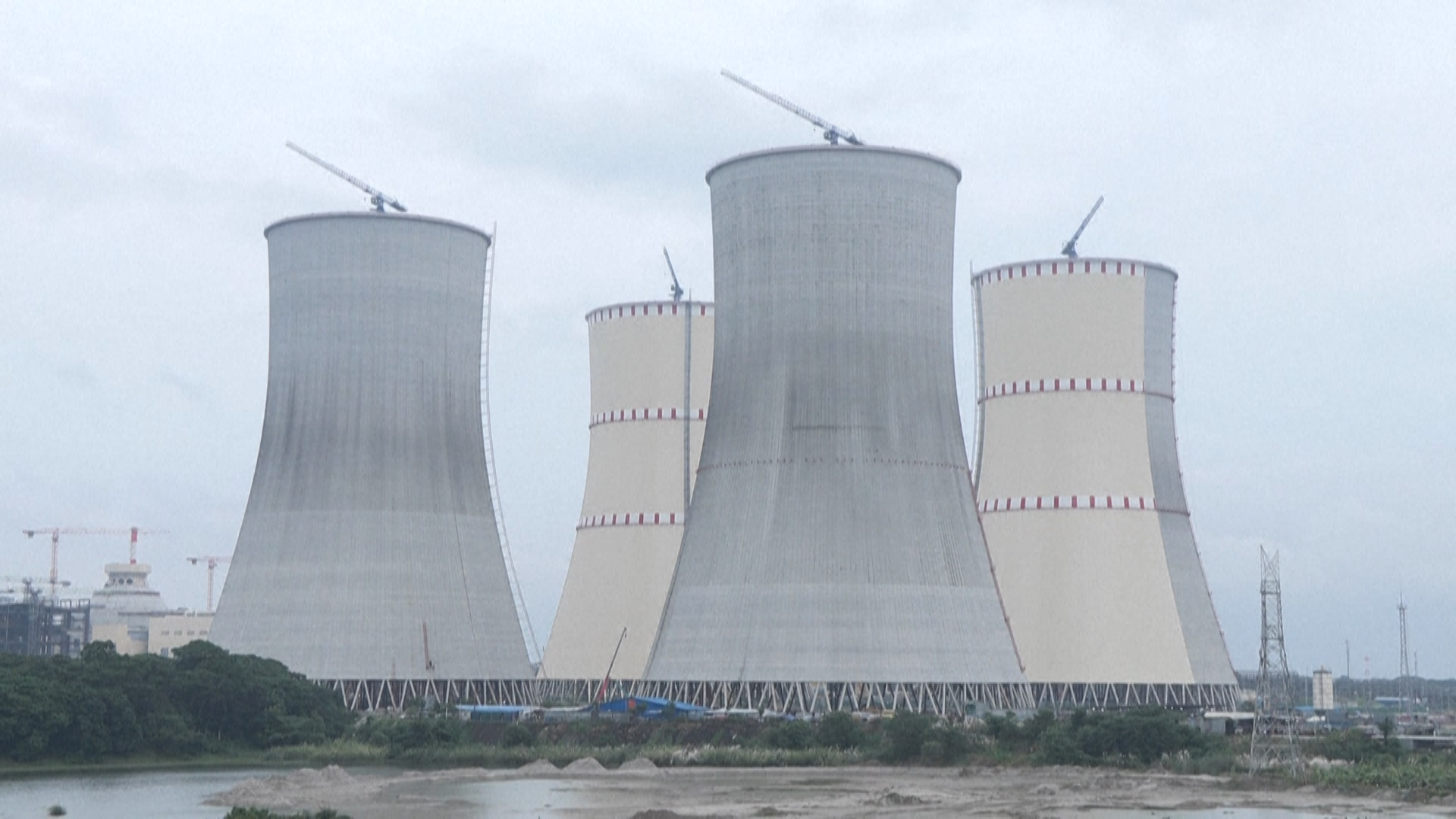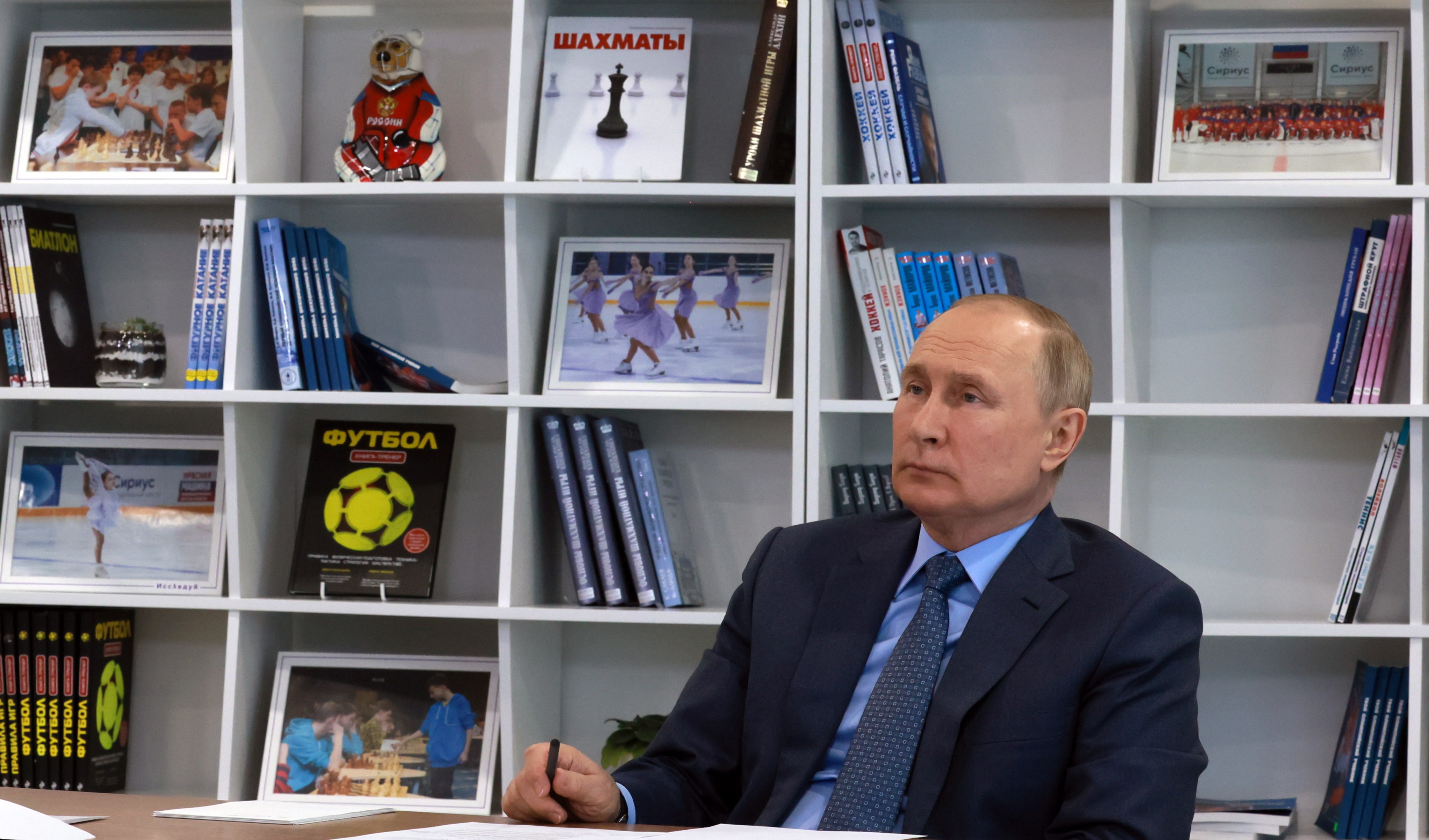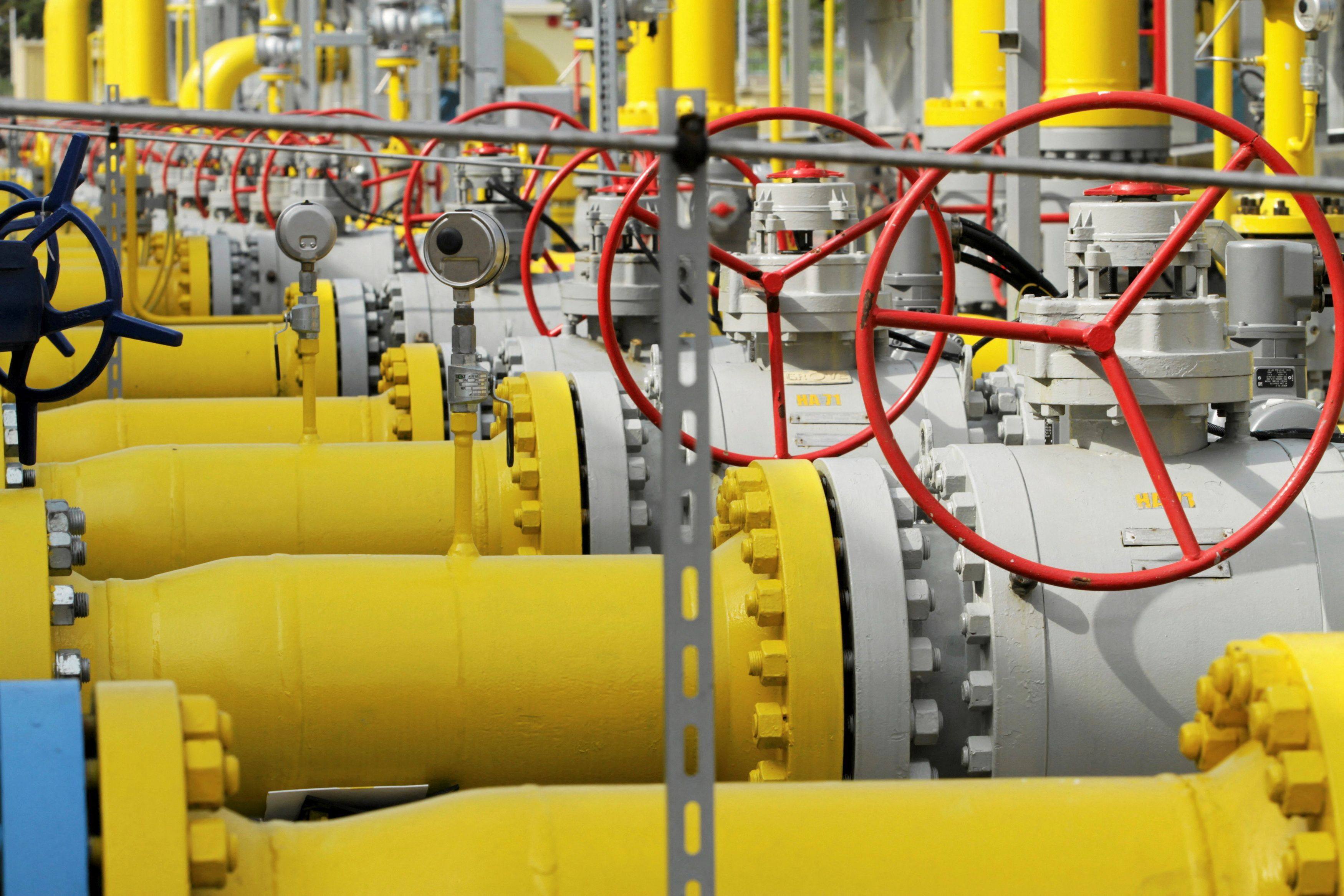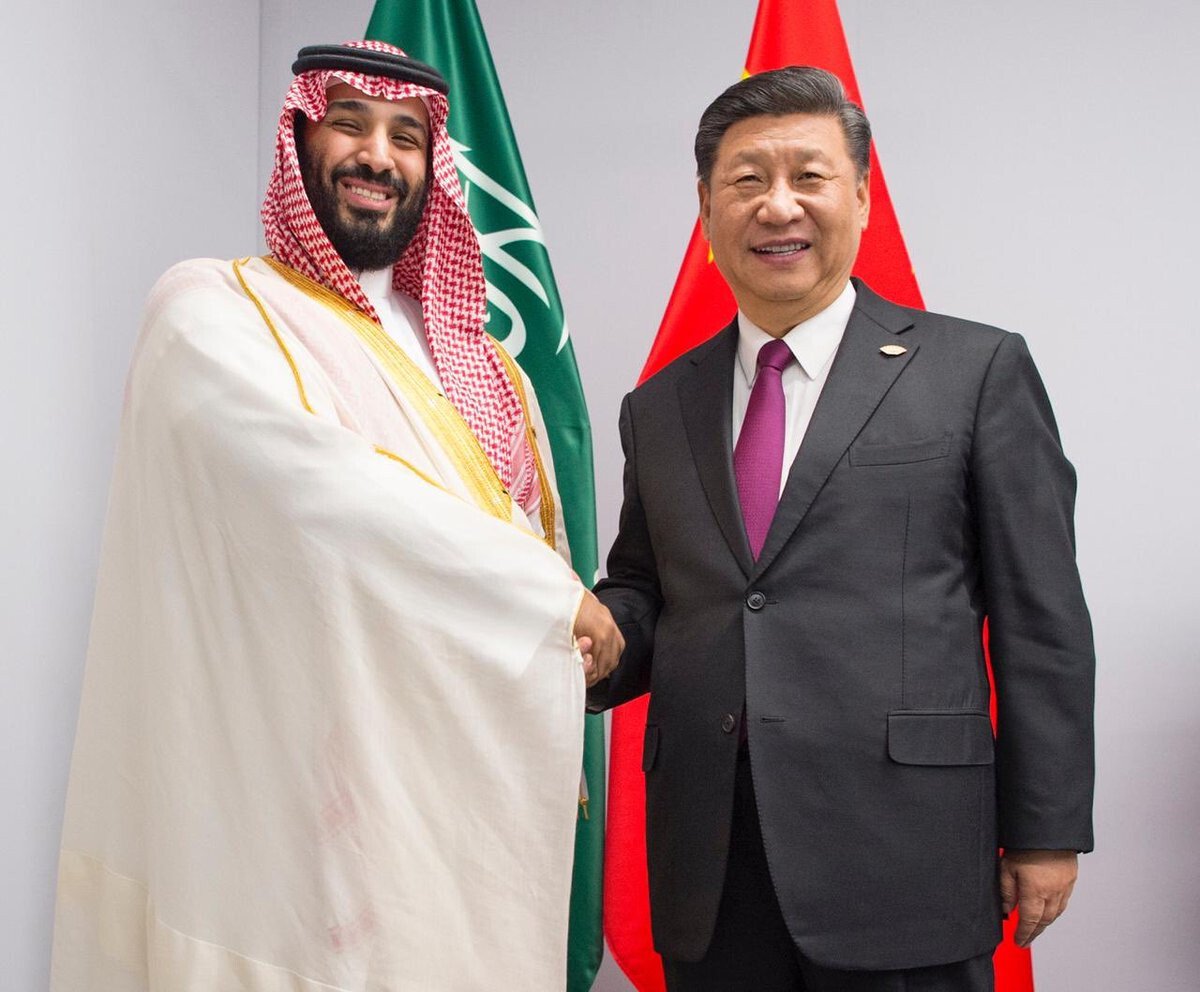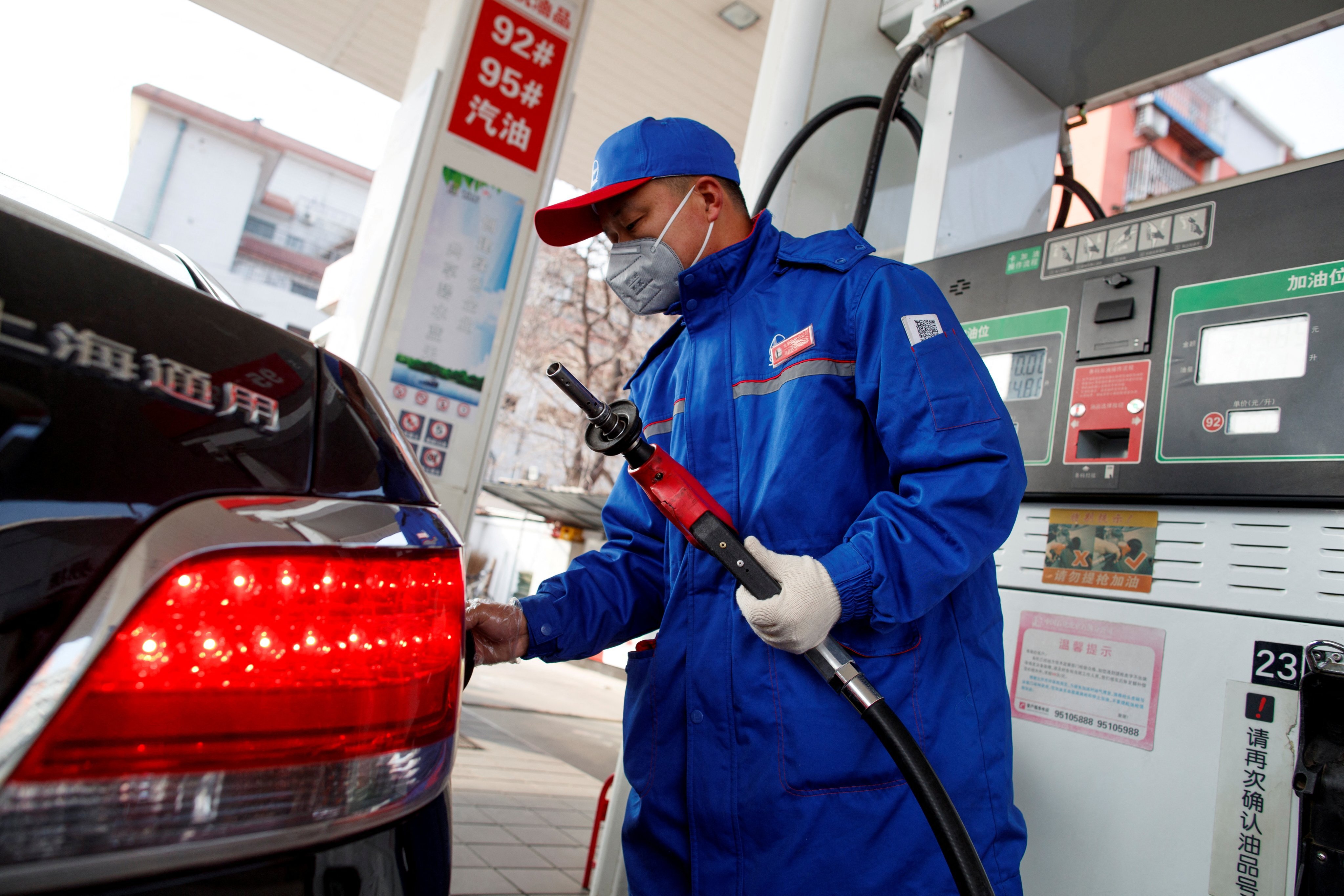Advertisement
Advertisement
TOPIC
Energy diplomacy
Energy diplomacy
A rapidly evolving global energy landscape has shaped international relations in recent years. China’s foreign policy has also been adapting to the changes as energy security and cooperation become an increasingly important part of the country’s economic and diplomatic agenda.
Advertisement
Advertisement
Advertisement
Advertisement
Advertisement
Advertisement
Help preserve 120 years of quality journalism.
SUPPORT NOWAdvertisement
Advertisement
Advertisement
Advertisement
Advertisement
Advertisement
Advertisement
Advertisement
Advertisement
Advertisement
Advertisement
Advertisement
